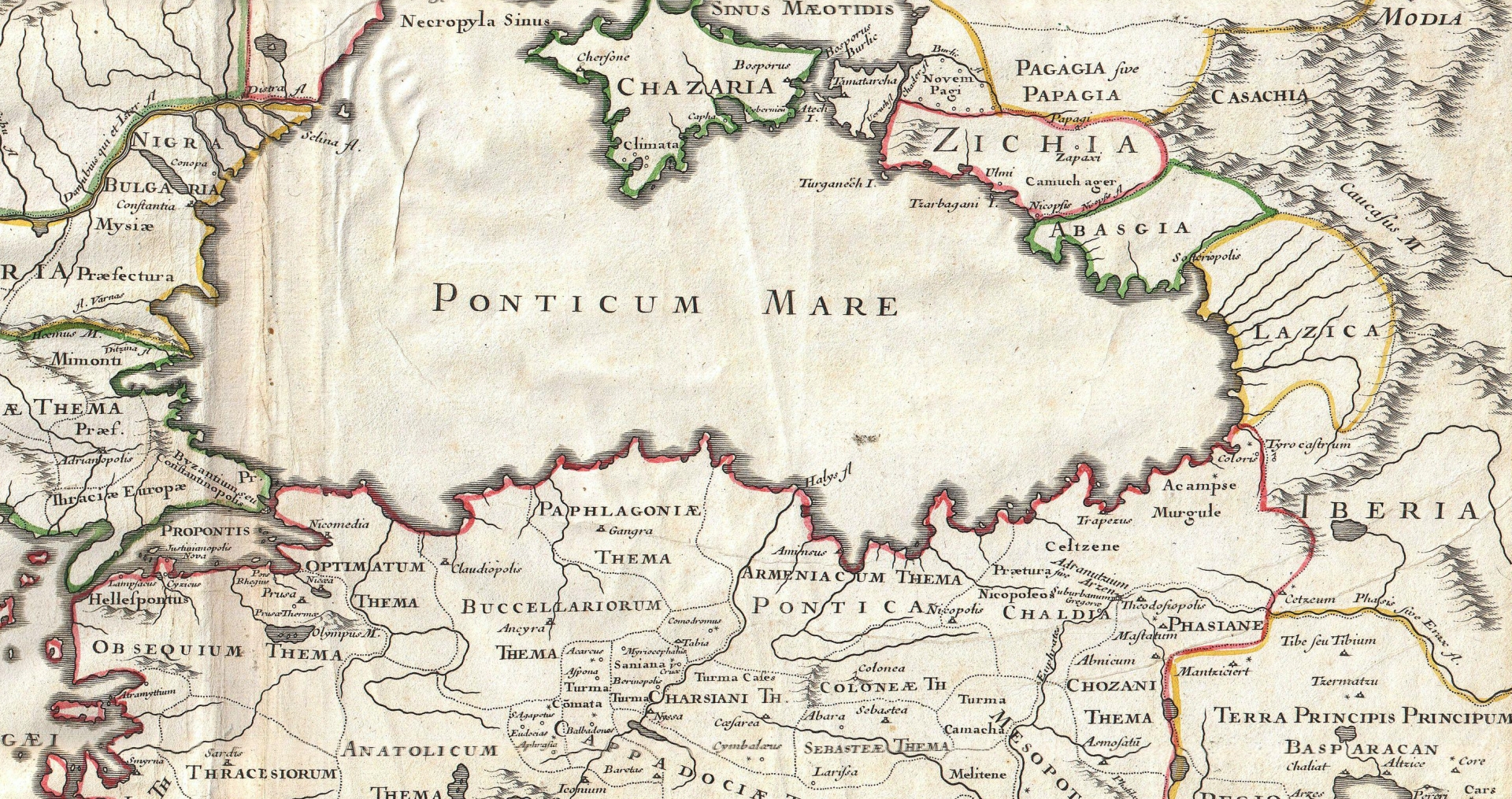The Impact of Historical Narratives on Ethnic Conflicts in Nagorno-Karabakh, Abkhazia and South Ossetia

Map of the Caucasus & The Black Sea | De L'Isle, Guillaume, Atlas de Geographie. (1718 issue).
by Elaheh Koolaee, Professor of Regional Studies, University of Tehran & Fahimeh Khansari Fard, PhD. in International Relations from University of Isfahan, Iran.
International Studies Journal (ISJ) Vol. 17, No. 1 (65), Summer 2020, pp. 137-168
Abstract
The narratives that presented from historical events and accepted by everyone gradually form the collective memory of a nation or an ethnic group. Collective memory is gradually become inflexible and unchanging in connection with other nations or groups. This will be more complicated if two rival groups in a country or region find their existence in the widespread acceptance of their narrative from common historical events. In general, myths, historical narratives and collective memory are used as tools for shaping ethnic and national identities in different societies. This is a positive function of existing narratives from historical events. Moreover, these are used as a tool to change the balance in conflicts, especially historical conflicts in many areas and among many ethnic groups. In this regard, the present study focuses on the dual function of historical narratives that used in important ethnic conflicts in the South Caucasus. These narratives will be very important in understanding of formation and continuity of ethnic-territorial conflicts in this region. Therefore, in this study, the role of myths, historical narratives, and collective memory in shaping the ethnic identity, as well as, the impact of these factors on the escalation of the most important ethnic conflicts in the South Caucasus region have been studied.
The full article in PDF can be downloaded by clicking here (589 KB)